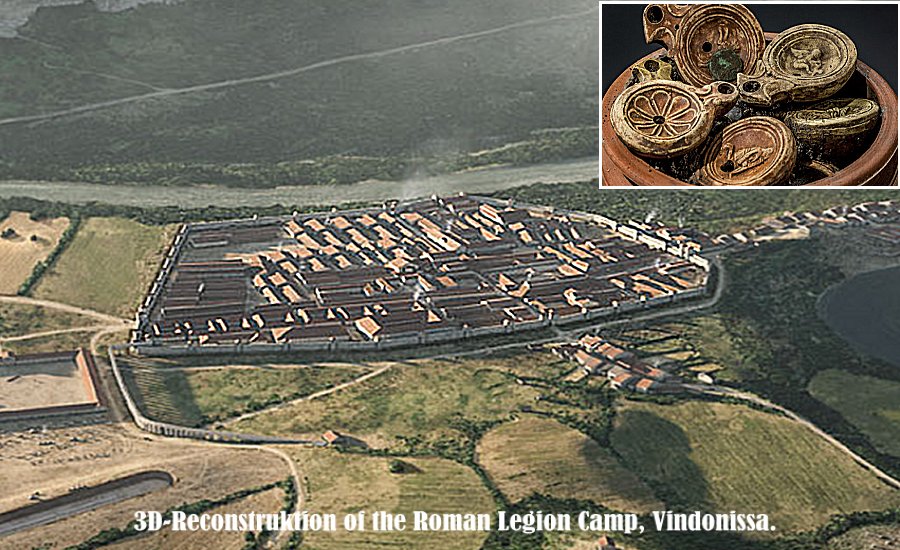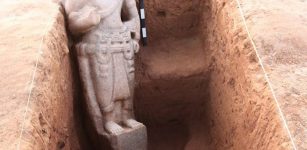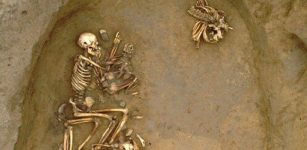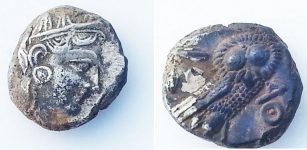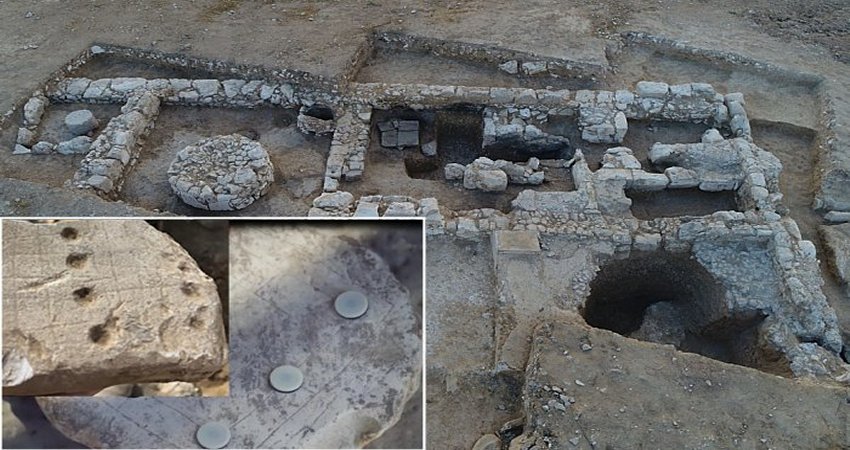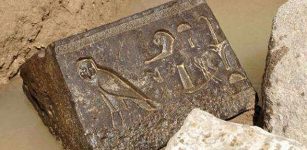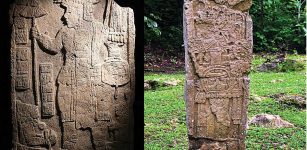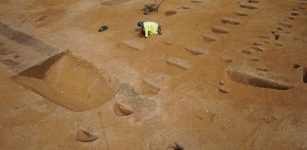2,000-Year-Old Oddly Arrangement Of Coins And Oil Lamps Found In Roman Pot In Switzerland
MessageToEagle.com – A Roman-era earthenware pot filled with oil lamps and bronze coins in a strange arrangement, have been found under the one of the streets in the commune of Windisch, in the northern Swiss canton of Aargau.
The pot and its contents are probably around 2,000-years old, archaeologists said in a statement.
About 2,000 years ago, the Roman legion camp Vindonissa – the only Roman legionary camp in modern-day Switzerland, was located in a geographical region bordered by the high Alps and Italian provinces to the south and the wide arc of the Jura mountains to the north.
Vindonissa camp was located near modern-day Windisch, which was confirmed by earlier digs that uncovered human habitation dating from the Roman era in the area.
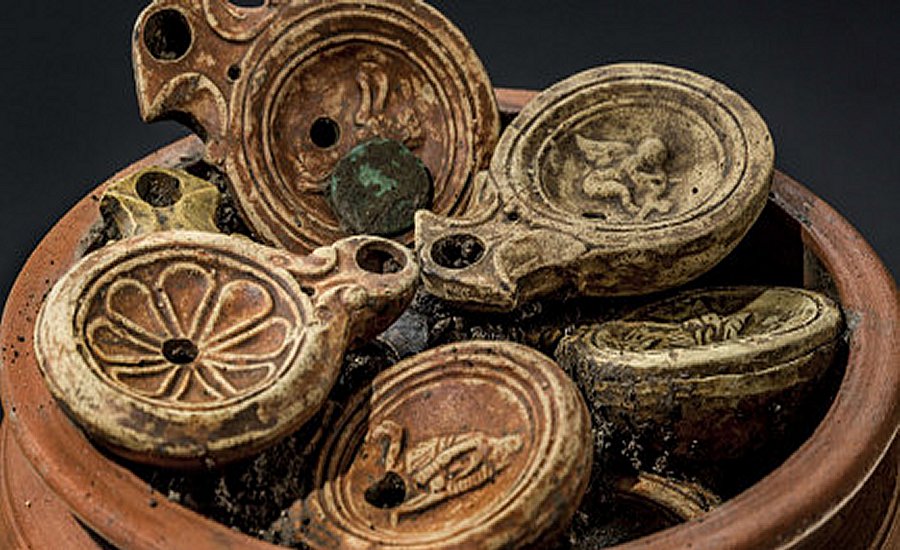
The pot is typical of the cooking pots used by soldiers stationed at Vindonissa, however the purpose of its contents – 22 oil lamps, each containing a carefully placed coin – is rather more mysterious.
The cooking pot is typical of the type used by the Roman soldiers at Vindonissa; however, interesting is how each of the bronze coins were placed quite carefully atop the lamps (22 in number), thus suggesting a particular type of a ritual.
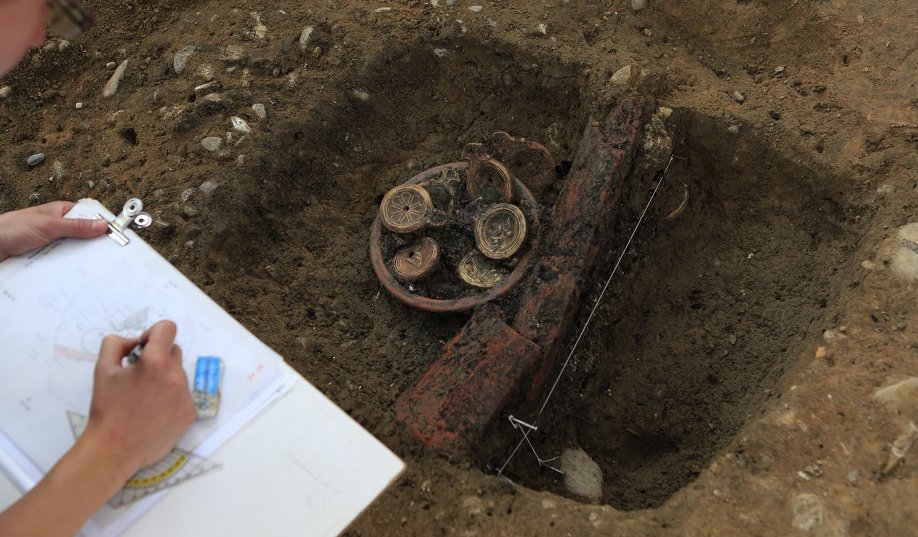
Each of the lamps is decorated with an image, including the moon goddess Luna, a gladiator, a lion, a peacock and an erotic scene.
The bronze coins are of low value, indicating a symbolic gesture, and date from 66-67 AD.
According to Aargau cantonal archaeologist Georg Matter, the most fascinating and puzzling is the artifacts’ unique arrangement, the combination of coins and lamps.
“We suspect this is a ritual burial,” he said, but stressed that was only speculation since there haven’t been any other comparable discoveries.
The pot which contained charred fragments of animal bones, was not used as a urn for human remains.
Vindonissa was a Roman military camp until 101AD, after which time the area continued to be settled by civilians.
MessageToEagle.com
Expand for references
